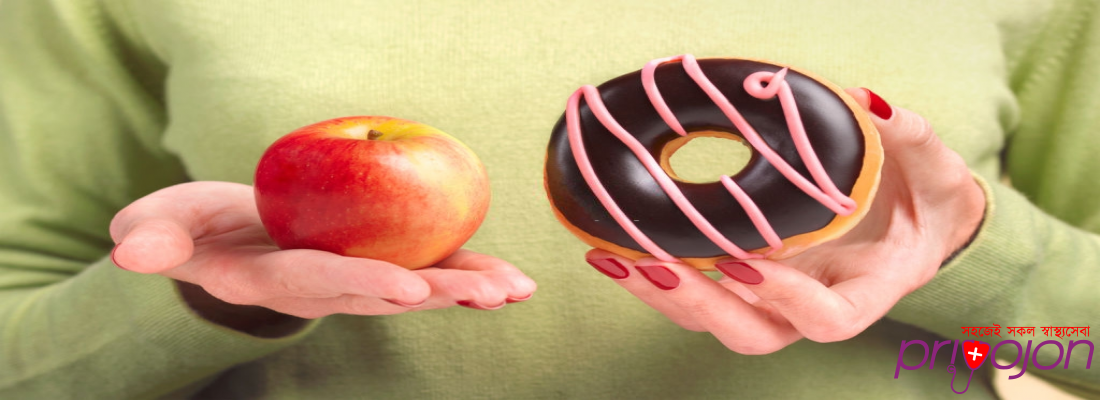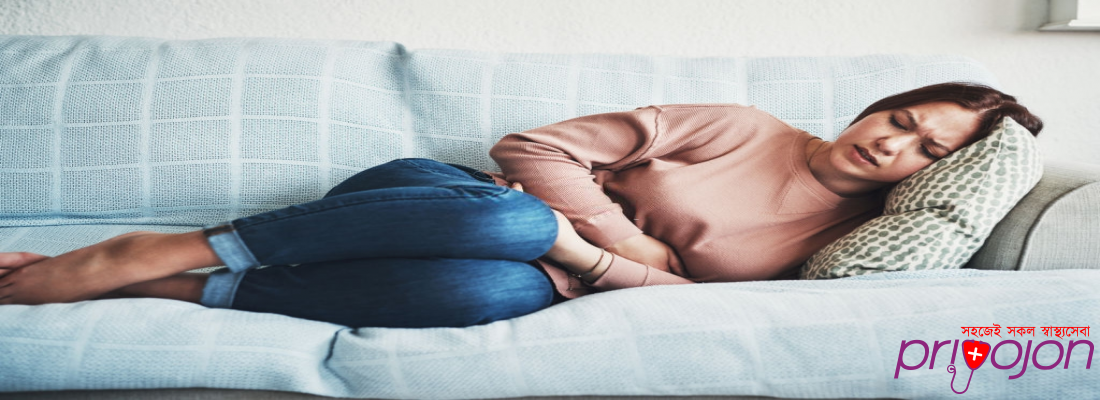Shared on 06-04-2020
Is Your Diet & Daily Activity Hampering Your Menstrual Cycle?
Is Your Diet & Daily Activity Hampering Your Menstrual Cycle?

Most women are in tune with the frequency of their menstrual cycle, how heavy they are, and how inconvenient they can be. Necessary for reproduction and pregnancy, menstrual cycle typically lasts for about 24-35days – an average cycle for most women being 28days. If the number of days between your menstrual cycle is less than 21 and last longer than 8, or if you have not had your periods for three consecutive months for reasons other than menopause or pregnancy, then the cycle is considered irregular.
It is known that hormones like testosterone, progesterone and oestrogen regulate the timing of your periods i.e. when the uterus sheds its lining. Further studies show that your diet and exercise affects these hormones, and subsequently, your monthly periods.
• Dietary fibre found in fruits, vegetables, and whole grains sure has several health benefits. However, recent studies suggest that this type of a diet is linked with a reduced concentration of the hormone oestrogen – a key factor that contributes to abnormal or irregular periods– and is ten times more likely to put you at risk of anovulatory menstruation, where the ovary fails to release an egg.
• A low-fat diet can also throw your monthly periods off whack. Consuming an appropriate amount of fats is important to sustain hormonal balance. Insufficient intake of essential nutrients and fats like omega-3 fatty acid, found in nuts, seeds, and fatty fishes can disrupt your menstruation cycle, causing irregular or heavy bleeding.
• Consuming alcohol, even in small amounts, can trigger menstrual irregularities. Alcohol ingestion at the wrong hour may disrupt the balance critical to maintaining female reproductive hormonal cycles, subsequently leading to infertility. Alcohol may temporarily increase your testosterone and oestrogen levels – this may affect the normal functioning of your menstrual cycle.
Girls, who do less physical activity and are obese are more prone to irregular periods.
- Lack of physical activity also adversely affects your menstrual cycle. Both oestrogen and progesterone are at their lowest during the whole length of the menstruation cycle, which makes many women feel less energetic and tired, especially when you are bleeding heavily.
- Having said that, you should engage in mild to moderate physical activities to keep your hormonal balance regulated, instead of ceasing all your exercises during periods. Regular exercising can ease PMS symptoms, elevate your mood, and combat painful menstruation.
Periods are a monthly affair. They are certainly painful for some, but if you follow a healthful diet and live an active life, chances are you might be able to live through those few days peacefully, without much discomfort and pain. However, do consult a gynecologist if you continue to experience rampant or heavy flow during your monthly periods.
In case you have a concern or query you can always consult a specialist & get answers to your questions!
Most women are in tune with the frequency of their menstrual cycle, how heavy they are, and how inconvenient they can be. Necessary for reproduction and pregnancy, menstrual cycle typically lasts for about 24-35days – an average cycle for most women being 28days. If the number of days between your menstrual cycle is less than 21 and last longer than 8, or if you have not had your periods for three consecutive months for reasons other than menopause or pregnancy, then the cycle is considered irregular.
It is known that hormones like testosterone, progesterone and oestrogen regulate the timing of your periods i.e. when the uterus sheds its lining. Further studies show that your diet and exercise affects these hormones, and subsequently, your monthly periods.
• Dietary fibre found in fruits, vegetables, and whole grains sure has several health benefits. However, recent studies suggest that this type of a diet is linked with a reduced concentration of the hormone oestrogen – a key factor that contributes to abnormal or irregular periods– and is ten times more likely to put you at risk of anovulatory menstruation, where the ovary fails to release an egg.
• A low-fat diet can also throw your monthly periods off whack. Consuming an appropriate amount of fats is important to sustain hormonal balance. Insufficient intake of essential nutrients and fats like omega-3 fatty acid, found in nuts, seeds, and fatty fishes can disrupt your menstruation cycle, causing irregular or heavy bleeding.
• Consuming alcohol, even in small amounts, can trigger menstrual irregularities. Alcohol ingestion at the wrong hour may disrupt the balance critical to maintaining female reproductive hormonal cycles, subsequently leading to infertility. Alcohol may temporarily increase your testosterone and oestrogen levels – this may affect the normal functioning of your menstrual cycle.
Girls, who do less physical activity and are obese are more prone to irregular periods.
- Lack of physical activity also adversely affects your menstrual cycle. Both oestrogen and progesterone are at their lowest during the whole length of the menstruation cycle, which makes many women feel less energetic and tired, especially when you are bleeding heavily.
- Having said that, you should engage in mild to moderate physical activities to keep your hormonal balance regulated, instead of ceasing all your exercises during periods. Regular exercising can ease PMS symptoms, elevate your mood, and combat painful menstruation.
Periods are a monthly affair. They are certainly painful for some, but if you follow a healthful diet and live an active life, chances are you might be able to live through those few days peacefully, without much discomfort and pain. However, do consult a gynecologist if you continue to experience rampant or heavy flow during your monthly periods.
In case you have a concern or query you can always consult a specialist & get answers to your questions!
Popular Health Tips
Ah, cholesterol and triglycerides. We hear about them all the time. Even foods that might seem good for you on the surface, like fruit-filled yogur...
The National Women's Health Information Center offers the following 10 things you can do to help live longer, live better, and live happier:
No woman looks forward to “that time of the month.” M...
What is Women’s Health?
The health problems of both men and women are nearly the same except for some gynecologica...
A recent study claims that environmental pollution may be a leading cause of infertility in many couples. In the ‘Environmental Hea...
Most women are in tune with the frequency of their menstrual cycl...
Medically reviewed by
Mrs Dr. Roksana Begum
BDS (DDC), PGT(MOHKSA) 1987
12 Years of Experience
- Written by the Priyojon Editorial Team





